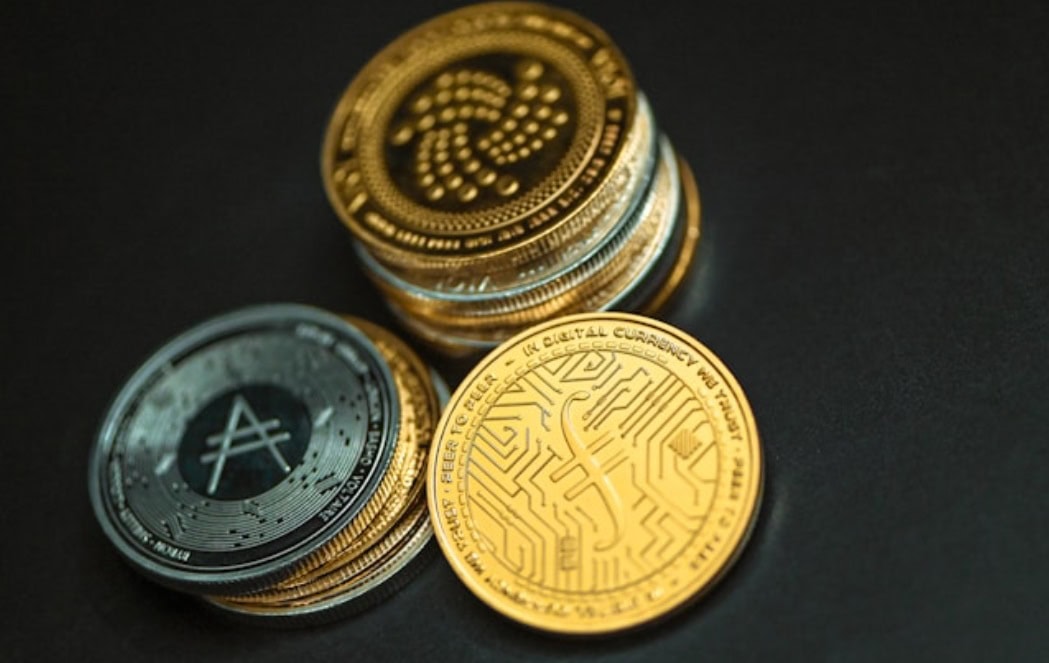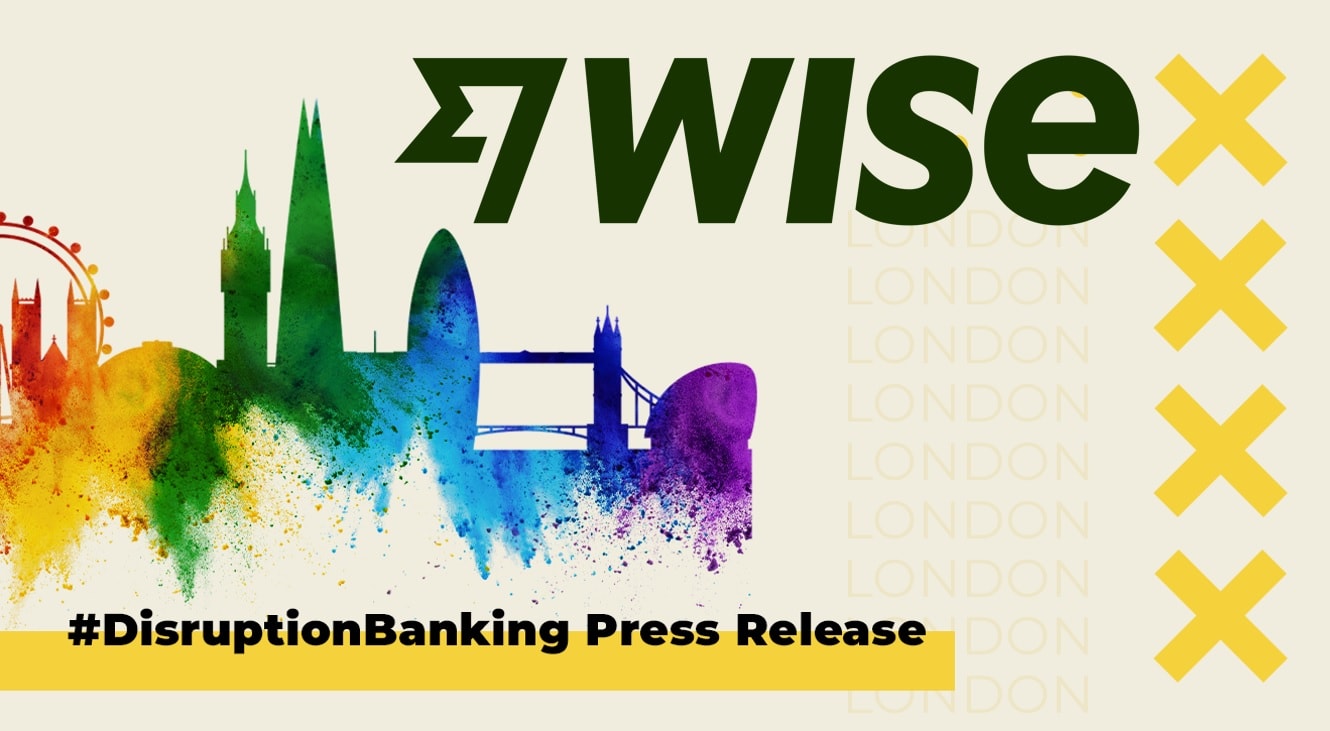Last month, the Ghanian parliament passed a bill that proscribes prison sentences of up to three years for individuals that identify as LGBT+ and five years for those “promoting” LGBT+ activities, in a move that could dent foreign investment flows into the West African country.
There remains significant doubt about whether the law will come into force. Ghana’s finance ministry has moved to oppose the bill and President Nana Akufo-Addo has said he would wait for the Supreme Court to rule on the constitutionality of the law before signing off on it.
However, the decision of the Ghanian parliament and the potential introduction of these measures has nonetheless raised fears amongst economists and foreign investors. In documents that were leaked to the media, Ghana’s finance ministry suggested that the proposal would potentially lead to the Washington-based World Bank withdrawing $3.8 billion worth of funding over the next five to six years.
Anti-LGBT+ law puts Ghana’s IMF and World Bank funding at risk, finance ministry warns https://t.co/7kp5xt9guw
— Financial Times (@FT) March 5, 2024
The ministry suggested this would lead to austerity measures being imposed in Ghana, with the 2024 budget being cut by $600 million. Ghana’s Financial Stability Fund, which provides liquidity to Ghanian banks and is designed to improve broader macroeconomic stability, would also need to be cut by $250 million. The legislation would also potentially dent Ghana’s foreign exchange reserves and therefore the strength of the Ghanian cedi.
This political turbulence comes at a time when Ghana is already facing considerable economic challenges. In December 2022, the country defaulted on almost all its foreign debt and had to turn to the World Bank and International Monetary Fund (IMF) for assistance. Accra is the recipient of a $3 billion IMF programme and received a $600 million payment in January; a payment which was expected to unlock a further $550 million in World Bank funding.
While Ghana is being supported from these institutions, the December 2022 default effectively locked Ghana out of international capital markets and has made it very difficult for the country to access foreign capital. While macroeconomic conditions have improved since 2022, some banks fear that Ghana’s economy lacks resilience to future shocks.
Indeed, BNP Paribas has said that “the Ghanian economy is gradually recovering from the severe macroeconomic crisis of 2022 – GDP growth is holding up better than expected and inflation has started to fall even though it remains too high. In terms of public finances, progress is also encouraging […] however, the country remains in default on its external debt. Despite the support from the FMI, it also lacks a cushion to protect it from a possible new external shock.”
The IMF has also criticised the government for continuing to pursue high-spend policies at a time when capital inflows and tax receipts are minimal. Its Managing Director Kristalina Georgieva recently noted that “we have seen in Ghana, yes it was the Covid-19 shock that brought so much hardship on people. But it was also the excessive spending during the general elections period. Learn lessons from the past, apply for the future.”
Ghana's economic downturn not only due to COVID-19 but also excessive spending – IMF #AMShowhttps://t.co/yi7bUPyY4b
— JoyNews (@JoyNewsOnTV) March 19, 2024
Ghana is clearly in a precarious situation – and could find the situation becomes worse if foreign investors reduce their exposure to the West Africa country. In the first half of 2023, Ghana experienced a 16% decline in FDI projects, with 72 projects registered compared to 86 in the same period in 2022. World Bank data clearly shows FDI on a downwards trend after peaking in 2009.
Could foreign investors, many of whom are increasingly obliged to follow stringent ESG guidelines, move to commit even less to Ghana in the months ahead? While it seems that the LGBT+ bill will not come into law, it seems likely that investors will be paying close attention to political developments in Accra and potentially revaluating some of their previous assumptions.
Author: Harry Clynch
#Ghana #Africa #IMF #WorldBank #FDI














